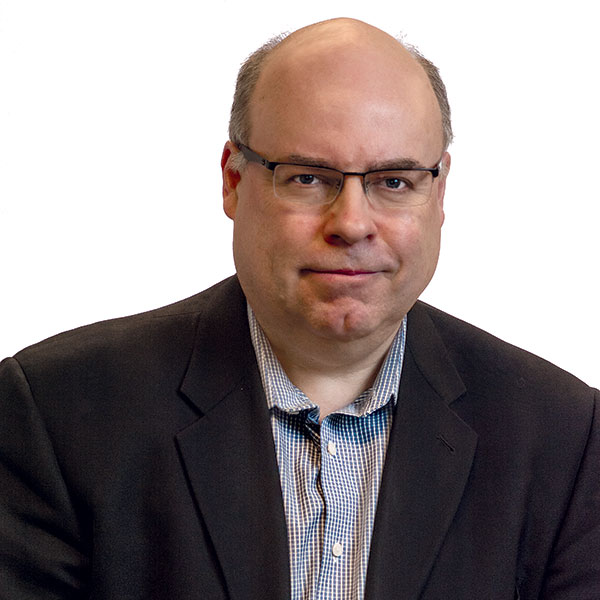
Any chance to write about coffee, I should. That’s perhaps the most important thing I’ve learned over all my years writing for McKnight’s. Based on audience response, it’s one of the topics long-term care folks care quite passionately about.
Serendipitously, a new study from Queen’s University Belfast purports that the odds of developing liver cancer are significantly reduced in middle-aged coffee drinkers. That includes me, if I stretch the definition of “middle” like a piece of salt water taffy.
I was so overjoyed with this news, I almost poured myself a second cup, before remembering a heart monitor that had been strapped to my chest for a full month recently to diagnose rampant arrhythmia — a problem that instantly disappeared when I stopped drinking coffee.
So it’s a good news/bad news thing — coffee helps me avoid deadly liver cancer … and also could also make my heart explode.
But this isn’t about me. The more important point is that you need to work harder, as long-term care leaders, to make coffee even more accessible to your employees. The old-school pump dispensers won’t cut it anymore. You need to think bigger, more grande. Go venti or go home.
For years, I’ve been advocating a centralized caffeine delivery model plumbed throughout the building, much like a garden irrigation drip system, including a third tap on every sink, but retrofitting could be cost prohibitive. [Note: I’ve also pushed for a centralized CPAP sleep apnea system, akin to a built-in vacuum cleaner, also to no avail.]
You would think that in our high-tech world, coffee could be created wirelessly, but sadly, we’re not there yet. In the meantime, perhaps finding a solution would be a good task for your interdisciplinary QAPI teams. Or maybe we should devise another McKnight’s-sponsored awards program because they always bring out the best in people.
Remember, there are no bad ideas. So let’s just keep drinking coffee and dreaming — until our hearts explode.
From the January 2020 Issue of McKnight's Long-Term Care News




